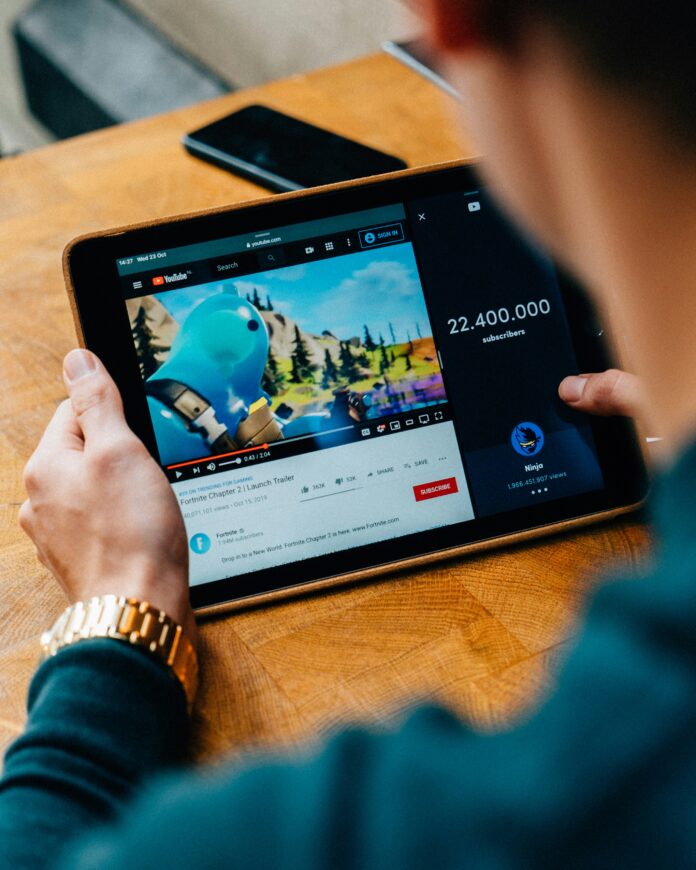Understanding Factoring: The Basics
For many businesses, waiting weeks or even months for customers to pay their invoices can cause cash flow challenges. Factoring offers a practical solution: it allows companies to turn unpaid invoices into immediate working capital. At its core, factoring is a financial transaction where a business sells its accounts receivable to a third party—known as a factor—at a discount. The business receives a percentage of the invoice value up front, while the factor takes on the responsibility of collecting payment from the customer.
To fully appreciate the betekenis van factoring, it helps to understand how this process can bridge the financial gap caused by slow-paying clients. Instead of waiting for payment, companies gain fast access to funds, which can be used for payroll, supplies, or growth opportunities.
While factoring is often associated with small businesses, companies of various sizes and industries use this method to maintain healthy cash flow. Recognizing how factoring works is the first step to deciding whether it aligns with your financial goals. With that foundation, it is helpful to look at the types of factoring available and how they differ in practice.
Types of Factoring Arrangements
Factoring is not a one-size-fits-all service. There are several different types, each with distinct advantages and considerations. The two primary forms are recourse and non-recourse factoring.
- Recourse Factoring: In this arrangement, the business remains ultimately responsible if the customer fails to pay the invoice. If the factor cannot collect payment, the business must buy back the invoice or replace it with another.
- Non-Recourse Factoring: Here, the factor assumes the credit risk. If the customer does not pay due to insolvency, the business is not required to reimburse the factor. However, non-recourse factoring often comes with higher fees due to the added risk for the factor.
Some providers also offer maturity factoring, where the factor pays the business the invoice value on a pre-determined date, regardless of when the customer pays. This option provides certainty, but can be less flexible than traditional arrangements.
Selecting the right structure depends on your risk tolerance and the needs of your business. Understanding these differences sets the stage for examining how factoring works step by step.
The Factoring Process: Step by Step
The factoring process generally follows a straightforward path, but it is essential to understand each stage to evaluate whether it is a good fit for your company. Below is an outline of the typical steps involved:
- Apply to a Factor: The business submits an application and shares details about its customers and outstanding invoices.
- Due Diligence: The factor reviews the creditworthiness of the business’s customers, since their ability to pay will affect the transaction.
- Offer and Agreement: The factor presents terms, including advance rate, fees, and responsibilities, and both parties sign the agreement.
- Invoice Submission: The business submits eligible invoices to the factor, who then verifies them with the end customers.
- Advance Payment: The factor advances a set percentage of the invoice value—often between 70 and 90 percent—within a few days.
- Collection: The factor collects payment directly from the customer when the invoice is due.
- Remainder Payment: Once the customer pays in full, the factor remits the remaining balance to the business, minus agreed-upon fees.
This clear process allows companies to access funds quickly and reduce the administrative burden of chasing late payments. As a result, businesses can focus more on core activities rather than debt collection. To further clarify how factoring compares to other financing options, a table can be useful.
Factoring vs. Traditional Financing: A Comparison Table
| Criteria | Factoring | Traditional Bank Loan |
|---|---|---|
| Approval Focus | Customer’s creditworthiness | Business’s credit history |
| Collateral Required | Accounts receivable | Physical assets or personal guarantee |
| Speed of Funding | Within days | Weeks or longer |
| Repayment Structure | Paid from customer invoices | Fixed monthly payments |
| Impact on Balance Sheet | Off-balance-sheet (in some cases) | Liability on balance sheet |
This table highlights the fundamental differences between factoring and more conventional bank loans. Factoring relies more on the reliability of your customers and less on your own business’s financial history, making it accessible for newer companies or those with limited collateral. With this context, it becomes clearer why some businesses turn to factoring for immediate working capital, especially during periods of rapid growth or seasonal fluctuations.
Who Uses Factoring and Why?
Factoring is commonly used in industries where long payment terms are standard and cash flow gaps can threaten day-to-day operations. Examples include trucking, staffing, manufacturing, and wholesale distribution. Companies in these sectors often deal with large clients who negotiate payment terms of 30, 60, or even 90 days.
By converting invoices into up-front cash, businesses can:
- Meet payroll obligations on time
- Purchase inventory or raw materials without delay
- Take advantage of supplier discounts for early payment
- Fund expansion or unexpected opportunities
- Reduce the administrative time spent on collections
The decision to use factoring usually comes down to whether the benefits—improved cash flow and reduced administrative burden—outweigh the costs. But cost is just one part of the equation. Next, it is worth examining what those costs typically look like and how they compare to other options.
What Does Factoring Cost?
The cost of factoring primarily includes two components: the discount rate (or factoring fee) and any additional service fees. The discount rate often ranges from 1 to 5 percent of the invoice value, depending on the terms, volume, and risk profile. Additional fees may include charges for wire transfers, credit checks, or minimum volume requirements.
Factors that influence the total cost include:
- Invoice size and total monthly volume
- Industry and type of customer
- Length of payment terms
- Whether the arrangement is recourse or non-recourse
It is helpful to compare the total cost of factoring to the potential benefits, such as the ability to avoid taking on debt or missing out on growth opportunities due to cash flow shortages. Understanding the real costs puts businesses in a better position to evaluate if factoring is the right funding method for their needs.
With an understanding of costs, it is also useful to consider the advantages and limitations that factoring presents.
Advantages and Limitations of Factoring
Factoring can be a practical way to bridge cash flow gaps, but it is not without its considerations. Here are some of the main advantages:
- Quick access to capital: Businesses receive funds much faster than waiting for invoice payments.
- No new debt: Factoring is not a loan, so it does not add liabilities to your balance sheet.
- Outsourced collections: The factor handles collecting payment, freeing up internal resources.
- Flexible financing: The amount of funding grows with your sales and outstanding invoices.
On the other hand, factoring does come with potential limitations:
- Cost: Fees can be higher than traditional financing, especially for businesses with higher-risk customers.
- Customer interactions: Customers are notified to pay the factor directly, which may affect business relationships if not managed carefully.
- Limited to creditworthy invoices: Only invoices from reliable customers are usually eligible.
Companies should weigh these considerations alongside their unique business goals and customer relationships. This brings us to the steps for choosing a factoring partner that fits your specific requirements.
Choosing the Right Factoring Partner
Not all factoring companies operate in the same way. Selecting the right partner involves more than just comparing fees. It is wise to look for a provider with experience in your industry, transparent terms, and a reputation for strong customer service.
- Ask about their process for credit checking and collections
- Review the contract for any hidden fees or minimum commitments
- Request references from businesses in your sector
- Ensure they are responsive and willing to answer your questions
A good factoring partner will work collaboratively with you, maintaining professionalism in all customer interactions. This can help preserve your client relationships while providing access to the capital you need. The next section will round out the discussion with practical tips for making the most of factoring as part of your financial strategy.
Best Practices for Using Factoring Effectively
To get the most value from factoring, consider these best practices:
- Use factoring as a flexible tool, not a permanent solution for chronic cash flow issues
- Regularly review your factoring costs and compare them to other financing options
- Maintain strong communication with both your customers and your factoring partner
- Monitor your customers’ payment behavior to ensure ongoing eligibility
- Integrate factoring with other financial management strategies for a balanced approach
By following these guidelines, businesses can turn unpaid invoices into a reliable source of working capital, supporting both short-term needs and long-term growth. For companies facing slow payments, factoring remains a time-tested option that can offer both stability and flexibility when used wisely. As with any financial decision, staying informed and proactive is the best path to sustainable success.















 Capital
Capital Business plan
Business plan


 Make a budget
Make a budget


